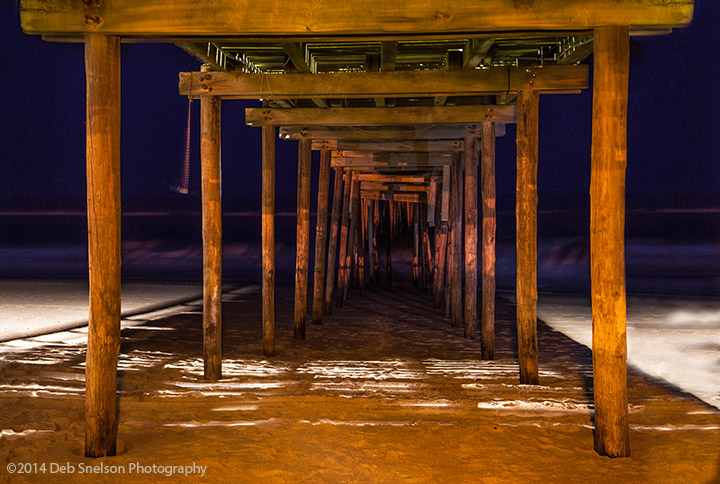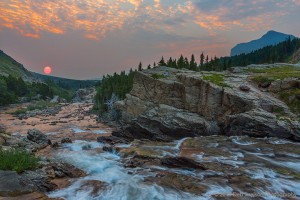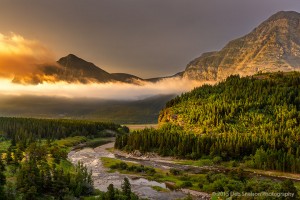There are many reasons to choose a photography tour or workshop rather than going alone to new territory or stumbling to learn on your own. Not only is a tour more convenient – all the advance preparation has been done for you with a promise to get you to the right place at the right time – but also may incorporate instruction on unfamiliar subjects, camaraderie with fellow photographers, and safety for night photography or just to not be alone on an unfamiliar trail. Photo tours can get you to places not easily accessed on your own – it may require 4-wheel drive vehicles, camping in remote areas, or special use permits. This series of blog posts are written from the PARTICIPANT point of view rather than from a tour provider and hope to offer some insight to the world of photography tours and workshops.
When choosing a tour or workshop there are questions to ask yourself and research to be done. I will be breaking this discussion into several separate blogs to answer the following questions:
1) Do you want a photography tour or a workshop?
2) What geographical area interests you and best time of year
3) What is your price range
4) How to choose a tour or workshop leader that inspires you
5) Number of Participants on the Tour or Workshop
6) Physical Requirements of the tour or workshop
Let’s get started:
Tour vs. Workshop
Photography Tours usually get you to the right place for the golden hours around sunrise and sunset, either by providing transportation or leading a caravan of private vehicles to the location. There is no structured time for instruction. Midday is usually time on your own, for catching up on sleep, relaxing and photo processing. Caveat: Beware of large outfits that offer tours that add the word “photography” to the title to attract photographers and add a “staff” photographer – make sure their itinerary includes rising early for sunrises and staying out late for sunsets. You will not get the best light if breakfast is at 7 and you leave the hotel at 9, and that dinner time is during sunset. Make sure the tour is specifically for photographers.
Destination Workshops include the sunrise/sunset tours, but also include some photography instruction in a designated meeting room or out in the field. It can be a photo processing session that starts with a demonstration of some software or other tools, followed by time to process with the instructor nearby to answer questions. It can demonstrate a field technique, or it can be a discussion of what to expect in the next shooting session and how best to capture those images. There can be a “class assignment” with presentation at the end of the workshop, or each participant may submit photos taken during the workshop for review or to watch a demonstration of photo processing on those images. The variations are limitless – the workshop description should include type of instruction provided.
Classroom-based workshops are highly topic-oriented – pick a workshop to develop specific skills. Classroom workshops are centered around the classroom environment but may also include short field trips to local attractions or work in the field of instruction, such as a lighting session with a model for a class on lighting. An exception to this would be software-centered workshops where you are likely to bring your laptop rather than camera and work on photo processing skills in the classroom only. Be sure you know what equipment to bring and what software to have loaded on your laptop in advance.
A workshop is ideal for someone relatively new to photography. Be certain to read the workshop description carefully to determine if it is suited to your skill level. There are workshops designed to teach new photographers how to use their camera and how to take compelling images. However, if a new photographer chooses a tour not designated specifically for beginners they should be comfortable with using their camera, and should have had a few classes or workshops in “Photography 101” so that they can benefit from being in the field at their dream location taking photos. There is nothing worse than trying to figure out how to change settings on the camera while missing that brief orange glow on a mountaintop or the whale jumping out of the water right in front of you. Some leaders will have a discussion in advance of the first outing to discuss best camera settings and things to look for on the tour, but this still requires knowledge of how to use your camera and compose an image. Most tour or workshop leaders will provide some assistance in the field if you request it. And it is a great opportunity to learn from fellow photographers participating in the tour during the “down” times such as meals or processing sessions. Beginners, intermediate and advanced photographers alike can always improve their skills and knowledge and benefit from having an experienced guide to get you to the right places at the right time. And shooting with a group of like-minded photographers always lends itself to having fun.
Next time: choosing where you want to go and the best timing.





Pingback: Gifting a Photography Experience - Photography Roundtable
Pingback: Choosing a Photography Tour or Workshop - Part 2 | Deb Snelson Photography | Fine Art